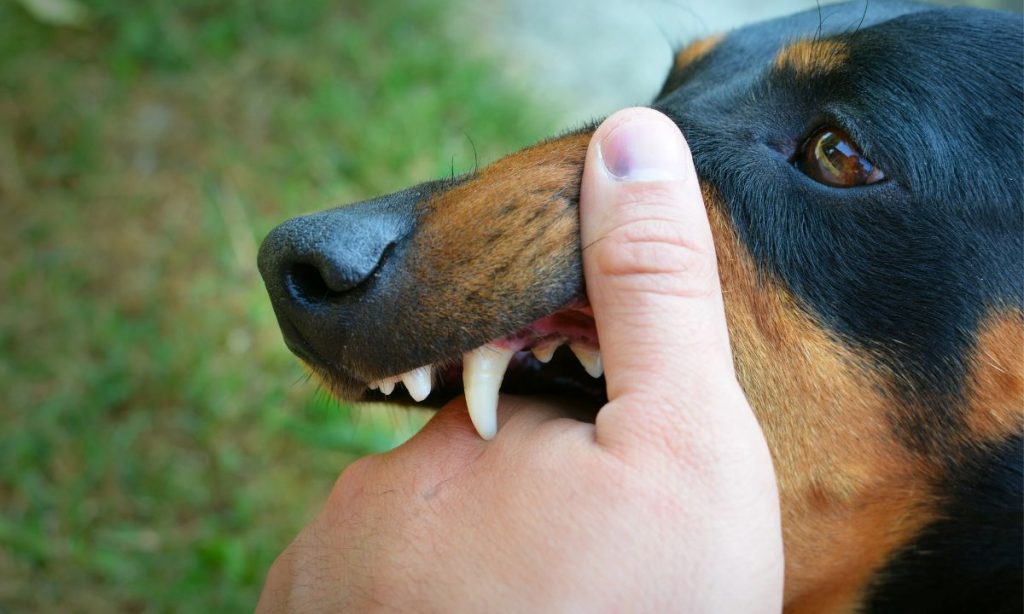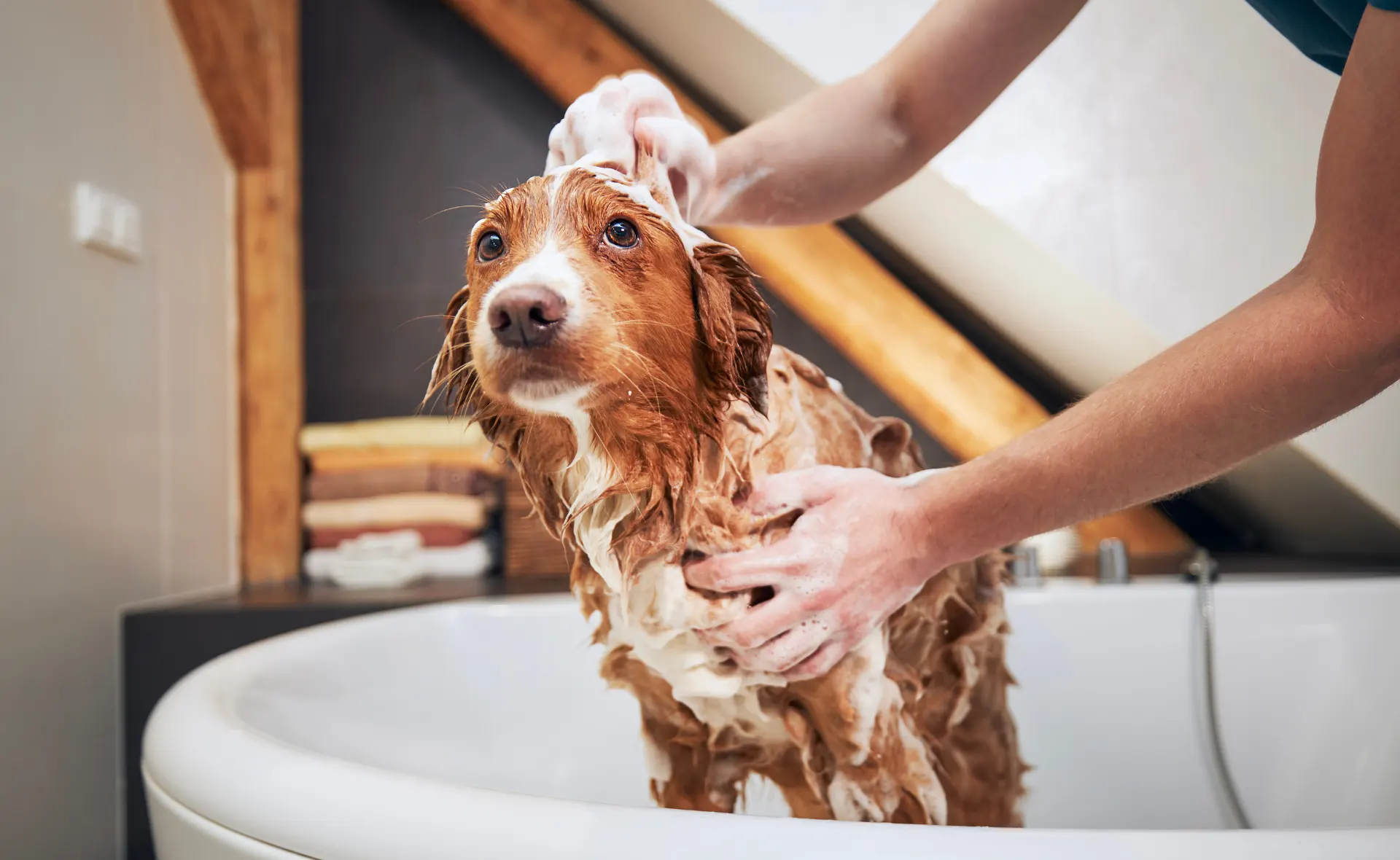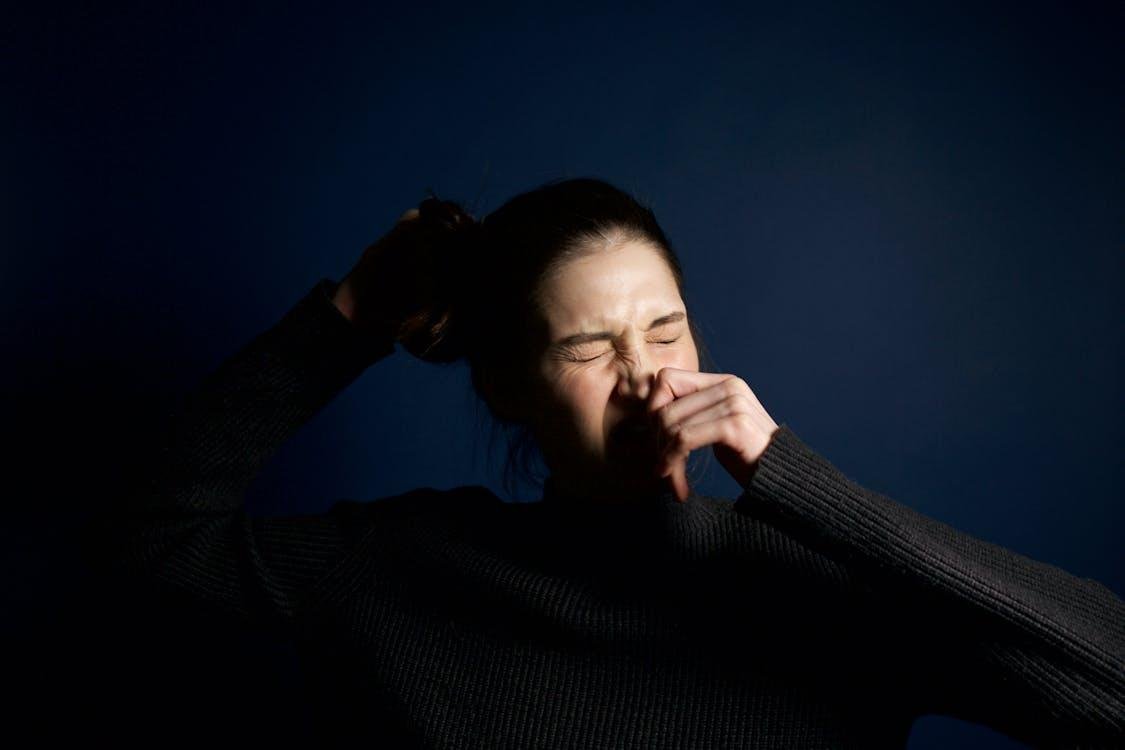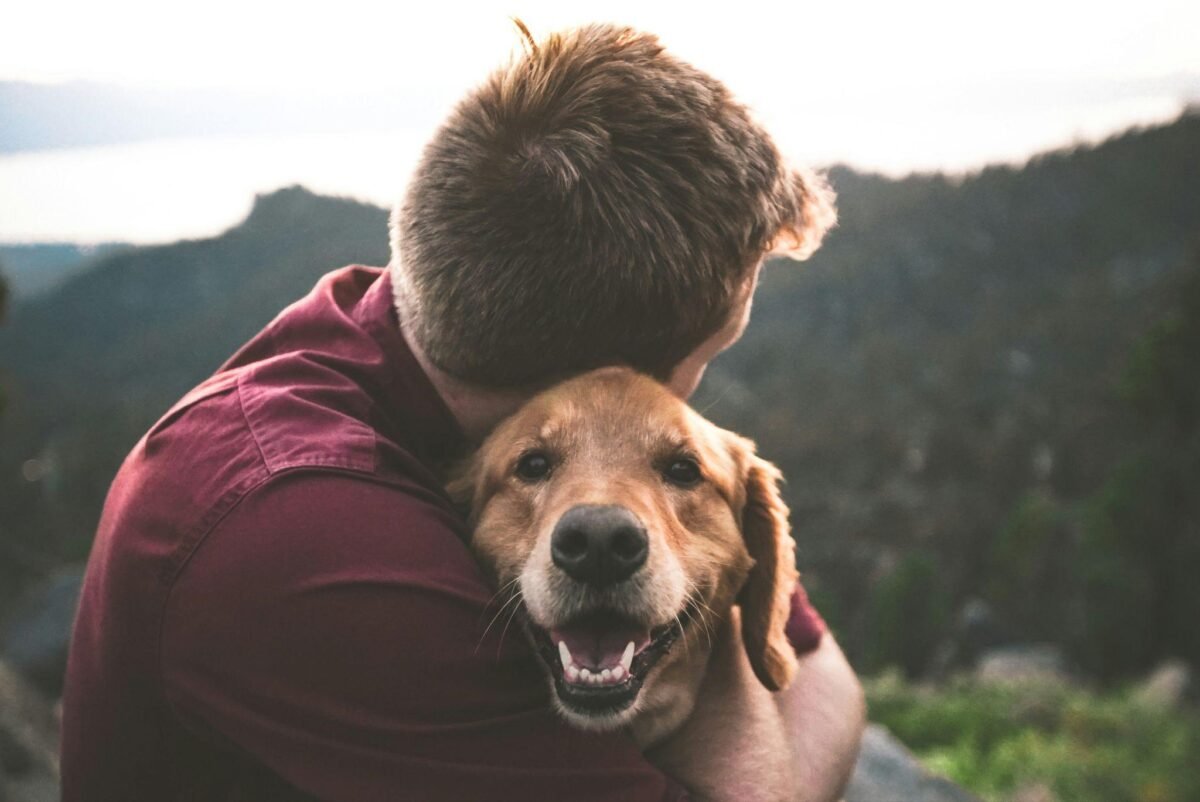Last Updated on June 21, 2021 by Dogs Vets
Why does my dog smell bad even after a bath?
Have you taken your dog home after they have been swimming in the lake? Or gave your dog a bath and thought they would smell worse afterward?
Why do wet dogs smell so awful and what can you do about it? Your dog has a lot of micro-organisms (yeasts and bacteria) on its skin that produce residues.
When wet, these organic acids turn into an aerosol when water evaporates, creating that awful wet dog smell we’ve all known!
In addition, dogs produce sebum, the natural oil in their coat that helps protect the skin from drying out – some breeds have more of this substance than others. When this oil combines with water and bacteria, it creates a smell.
Although it’s not usually harmful, the smell of a wet dog can indicate the number of bacteria and yeasts present in your dog.
If the amount of microorganisms living in your dog starts to get out of balance, the immune system can become overwhelmed and infections can develop.

Skin and medical conditions can also make wet dog odor even worse. Fortunately, there are a number of things pet owners can do to help reduce the odor of their canine wet companions, and if wet dog odor indicates a healthy condition, it can be addressed.
Understanding wet dog odor
Wet dog odor can be caused by natural oils and micro-organisms, such as bacteria and yeasts, which produce an unpleasant smell when combined with water during bath time or after playing in a lake, pond, or rain.
If your dog’s wet smell is simply the result of normal canine flora, there are several things you can do to eliminate the odor.
Grooming
Groom your dog daily to brush away excess hair and debris. Make sure that all eye and ear droppings are removed, and that stools and urine are wiped away.
Bathe your dog every month or as recommended by your vet. Use a good dog shampoo and rinse off any residue well. Be careful not to overwash, as this can dry out your dog’s skin and coat and cause skin diseases that make odor more problematic.
Make sure your dog’s fur and skin are properly dried. Use more than one towel to dry off after a bath. Or dry your dog with a hairdryer (make sure the dryer setting is on low), which will help remove bacteria from your dog’s coat and down to their skin.
Use scented sprays for dogs. Since dogs need regular grooming, it’s important not to use any type of scented spray that could be toxic to your dog.

Wash your dog’s bedding regularly so that microorganisms don’t have another home! You can spray a diluted vinegar mixture on your house furniture, bedding, and carpets to disinfect and deodorize your dog’s scent. Or use baking soda on furniture and carpets, and vacuum afterward to remove bad odors.
Certain breeds of dogs, especially retrievers and greyhounds, have a greasy oil on their coat which, when combined with water and bacteria, can release odors.
If your dog’s coat has grease oil, drying them as soon as possible with a hairdryer after getting them wet will reduce the odor emitted by this combination of doggy skin.
Dogs with parasites, bacterial skin infections, or yeast infections can be particularly funky smelling when wet. These infections can get into skin sores and wrinkles, where they multiply and cause skin problems that are both irritating to your dog and smelly to everyone else.
Eliminating the parasites, bacteria, and yeasts with the appropriate medications will ease the discomfort for you and your dog.
Other medical conditions, such as endocrine and metabolic disorders, as well as gastrointestinal disorders, can make your dog more odorous than usual.
Bringing your dog to the vet regularly to address medical conditions, and getting the right treatment will keep them healthy and your nose happy.
Benefits of dog smell prevention
Although the natural micro-organisms on your dog’s coat will give off a certain amount of odor when wet, pet owners can take steps to reduce odor. However, if your dog’s wet smell is too strong, it could indicate a medical condition such as an infection or illness that needs attention.
Addressing any skin diseases and conditions will benefit your dog’s health and make it more pleasant by reducing the smell.
Simple steps to stop dog smell
Dogs smell bad when wet because of bacteria and other microorganisms on their skin. Regular grooming combined with thorough drying usually keeps odor under control. A number of natural products in your home, such as baking soda and vinegar, will odor furniture and carpets.
If your dog is particularly smelly, check to see if they have a parasitic, bacterial, or yeast infection that needs to be dealt with, as these can add to a dog’s wet smell.
Other medical conditions and illnesses can also contribute to the smell, so a trip to the vet may be necessary to check for other causes of excessive odor in your dog.
5 Things you need to know to stop your dog smell
However, one of the best ways to find out if your dog needs to be bathed is if you notice that your dog is carrying an unpleasant smell. You may have taken the time to bathe your dog, only to find that your pup still smells bad after the bath is over.
So, if it wasn’t the need for a bath, what exactly could be causing those bad smells?
Here are some of the most important causes and how to stop your dog bad smell
Ear Infections
If your dog has a bacterial infection in his ears, it can cause a very bad odor that can’t be solved simply by bathing.
In fact, water in your dog’s ears can make the problem worse. Fortunately, ear infections are a common problem for dogs and can be solved by taking the dog to the vet and getting the right medication to lubricate the ears.
The vet is also likely to recommend that you keep your dog’s ears covered during baths.
Dental Problems Causing Bad breath
Bad breath can be the result of dental disease. If the dog has decaying teeth or gum disease, this can cause bad breath, especially if the dog also drools a lot.
It may take a while to realize that your dog’s mouth is actually smelling. In some cases, you may need to remove damaged or decaying teeth, but gum disease treatment or professional teeth cleaning is also an option.
However, there are eternally bad breath causes in dogs beyond dental disease. Dogs with significant health problems may occasionally develop the symptom of bad breath.
These problems include kidney failure and diabetes. Again, it’s important to have your dog checked by a vet to determine the cause of the problem. The vet may prescribe dog toothpaste or certain types of chew toys or treats.
Skin inflammation
Dogs with skin inflammation or inflamed skin allergies often secrete excess oils, which can quickly start to smell bad and cause more body odor.
If you think this is a problem, it’s wise to cover your furniture with blankets or towels to prevent this odor from transferring until you can solve the problem.
Special shampoos and conditioners can help deal with skin odors.
Gas
Flatulence is a common problem in dogs and if you are able to clear the room after passing gas, it is often an intolerance to an ingredient in their diet. Working with your vet to switch to a different diet, whether grain-free or fish-based, can often help this problem. However, excessive wind can sometimes signal a medical problem, so if the air around your pet is stale, consult your vet until the problem is resolved.
Dog anal glands
Even the normal secretions of anus marking glands and sacs can smell very bad, but when these sacs become infected the smell becomes almost unbearable.
These secretions can spread to the dog’s fur, which can result in the dog carrying the odor everywhere.
These are just a few of the reasons why your dog may still stink after bathing.
For more information on potential problems and how you can help your dog, contact an experienced dog groomer, or in some cases, you may need to contact a vet.
Fact Check
We strive to provide the latest valuable information for pet lovers with accuracy and fairness. If you would like to add to this post or advertise with us, don’t hesitate to reach us. If you see something that doesn’t look right, contact us!
Reference: Wikipedia and Wagwalking.com

















